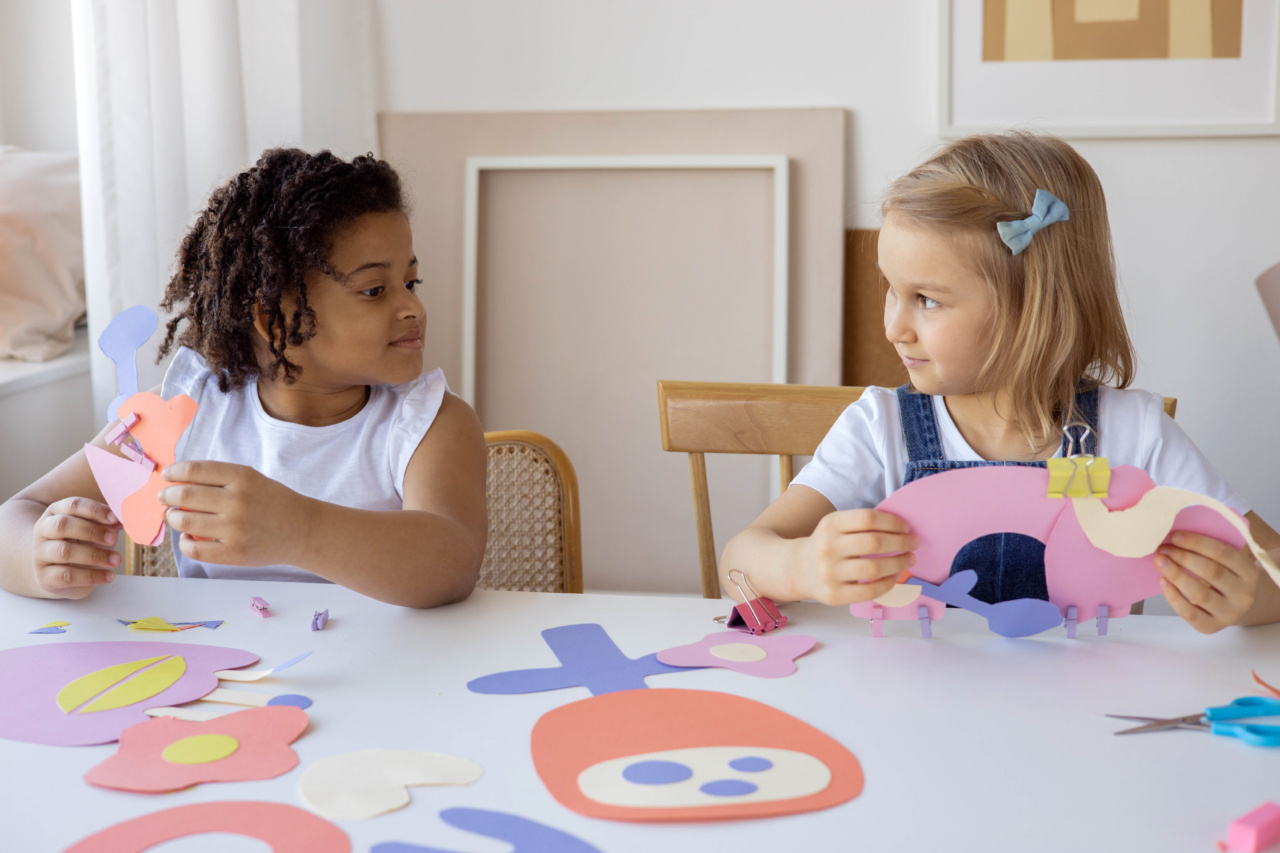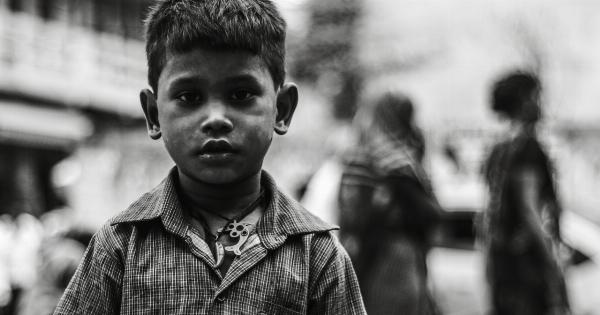Forgiveness is a complex emotion that requires understanding, empathy, and a certain level of maturity.
As children navigate the ups and downs of their early years, they begin to learn about forgiveness and its importance in their relationships with others. This article explores the developmental stages when children start grasping the concept of forgiving others, the factors that influence their understanding, and how parents can foster a sense of forgiveness in their children.
1. Understanding Emotions
Before children can fully comprehend the concept of forgiveness, they must first have a basic understanding of emotions. Typically, this starts to develop in the first few years of life.
Babies, for example, can recognize expressions of joy, sadness, and anger in others. As they grow into toddlers, they become more aware of their own emotions and can express them through words or actions.
2. Empathy and Perspective Taking
To understand the need for forgiveness, children must be capable of empathy and perspective taking.
Empathy is the ability to feel and understand the emotions of others, while perspective taking allows children to see things from someone else’s point of view. These cognitive abilities often start to develop around the age of two or three.
3. Early Concepts of Forgiveness
At around three or four years old, children start to demonstrate early signs of forgiving others. However, their understanding may be limited and based on concrete notions.
For example, they may equate forgiveness with saying “sorry” or receiving an apology. Their forgiveness may also be influenced by whether the person who hurt them is a friend or a sibling.
4. Learning from Role Models
Children learn a great deal from observing the behavior of those around them, particularly their parents and caregivers. When parents model forgiveness in their own relationships, children are more likely to develop forgiveness as a core value.
Witnessing forgiveness helps children understand its significance and the positive impact it can have on resolving conflicts.
5. Empowering Children to Express Their Feelings
Encouraging children to communicate their emotions openly is crucial in developing their capacity for forgiveness.
By helping children label their feelings and discussing the impact of hurtful actions, parents and caregivers can teach children about the power of forgiveness and how it can lead to healing and reconciliation.
6. Building Emotional Intelligence
Emotional intelligence plays an integral role in children’s ability to forgive. As children grow older, they become more adept at recognizing and managing their own emotions, as well as understanding the emotions of others.
Parents can foster emotional intelligence by validating their children’s feelings, teaching them effective coping strategies, and promoting empathy.
7. Encouraging Positive Coping Mechanisms
Teaching children alternative ways to cope with negative emotions is essential in their journey towards understanding forgiveness.
By providing them with healthy outlets for expressing anger or frustration, parents can help children develop self-control and empathy. Engaging in activities such as drawing, writing, or engaging in sports can all serve as positive coping mechanisms.
8. Cultivating a Culture of Forgiveness
Parents can create a forgiving atmosphere in their homes by establishing clear expectations about forgiveness and conflict resolution.
Encouraging dialogue, teaching problem-solving skills, and emphasizing the importance of apologies can all contribute to fostering forgiveness. Parents can also help children understand that forgiveness is a choice and that it benefits both the person forgiving and the one being forgiven.
9. Age-Appropriate Discussions About Forgiveness
As children continue to grow and develop, parents can engage them in age-appropriate discussions about forgiveness. This ensures that children have a deeper understanding of forgiveness as they mature.
Parents can read books, watch movies, or discuss real-life scenarios that demonstrate the power of forgiveness, allowing children to reflect on its various aspects.
10. The Impact of Culture and Values
The concept of forgiveness can vary across different cultures and belief systems. Some cultures place a strong emphasis on forgiveness as a means of spiritual or moral growth, while others may prioritize justice or retribution.
Children’s understanding of forgiveness may be influenced by the cultural values and norms they are exposed to, highlighting the importance of recognizing and respecting diverse perspectives.
Conclusion
Forgiveness is a complex and multifaceted concept that children begin to grasp as they grow and develop.
Through understanding emotions, empathy, and perspective taking, children gradually learn about forgiveness and its importance in their relationships. Parents can play a vital role in nurturing forgiveness by modeling it themselves, empowering children to express their feelings, and cultivating a culture of forgiveness in the home.
As children grow older, continued discussions about forgiveness and an appreciation for diverse cultural values will further enhance their understanding and ability to forgive.






























